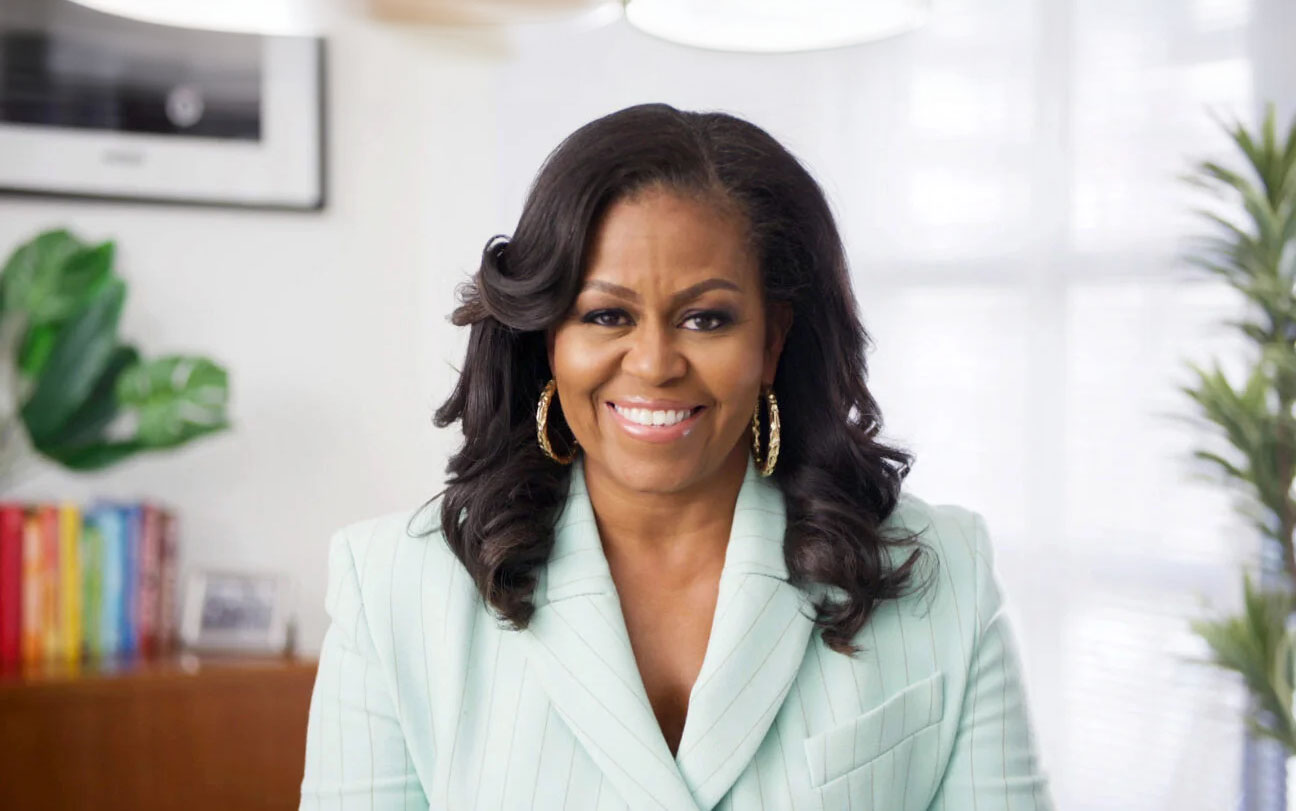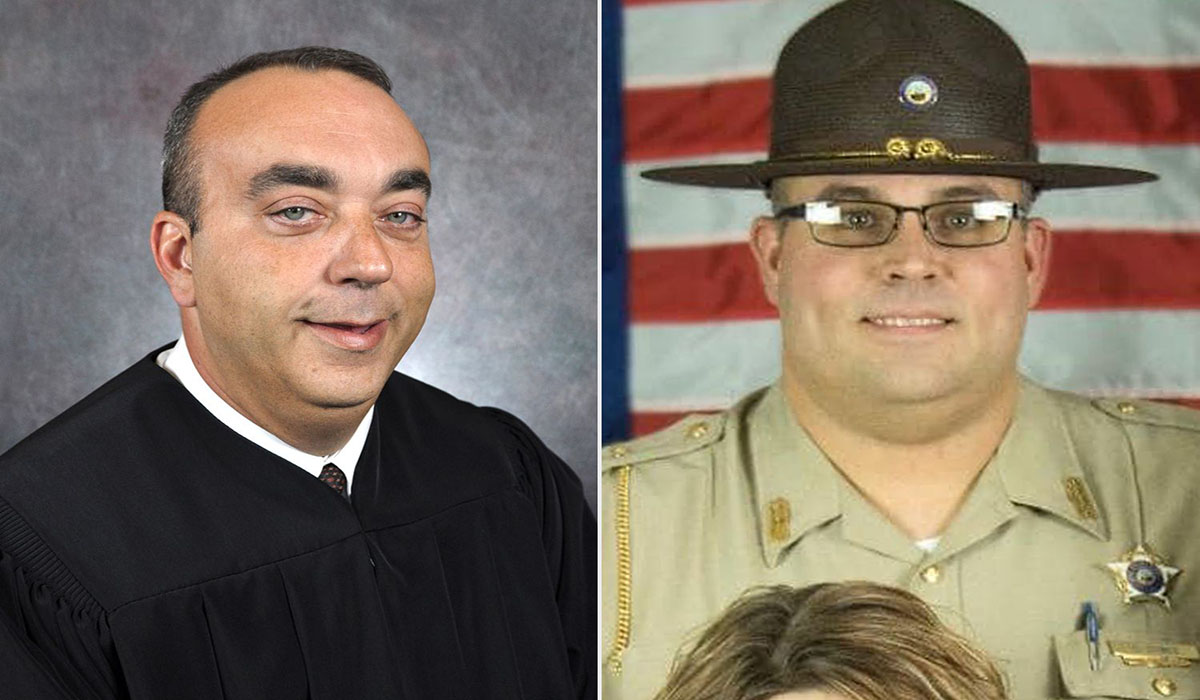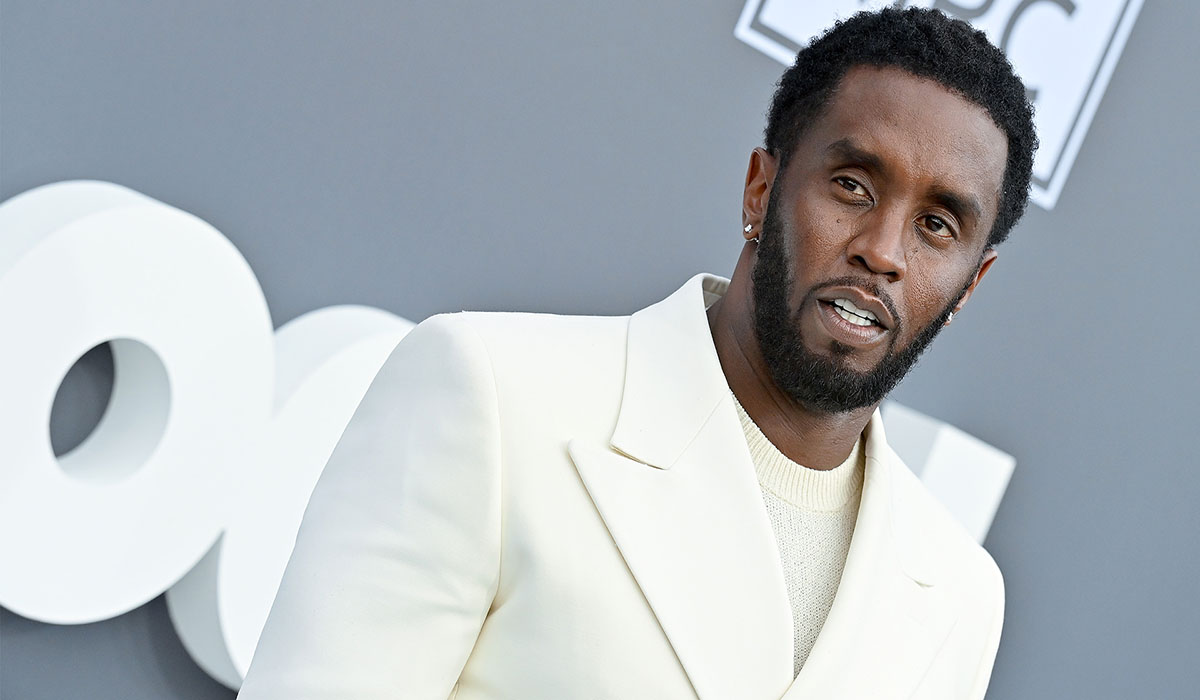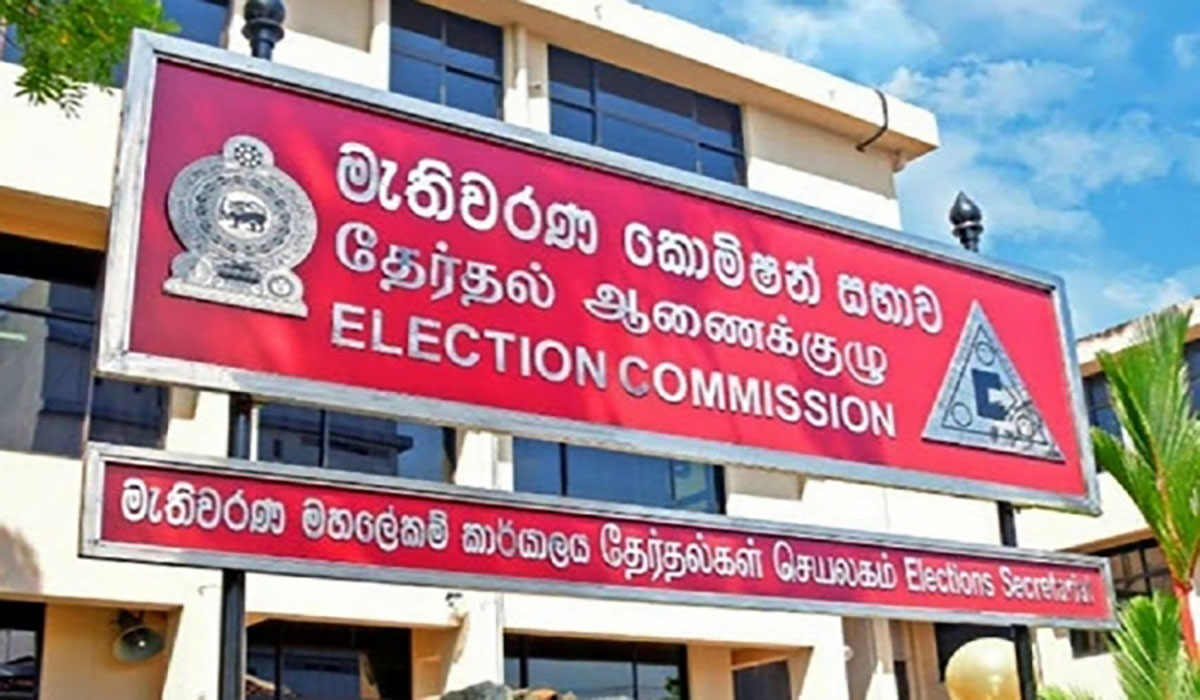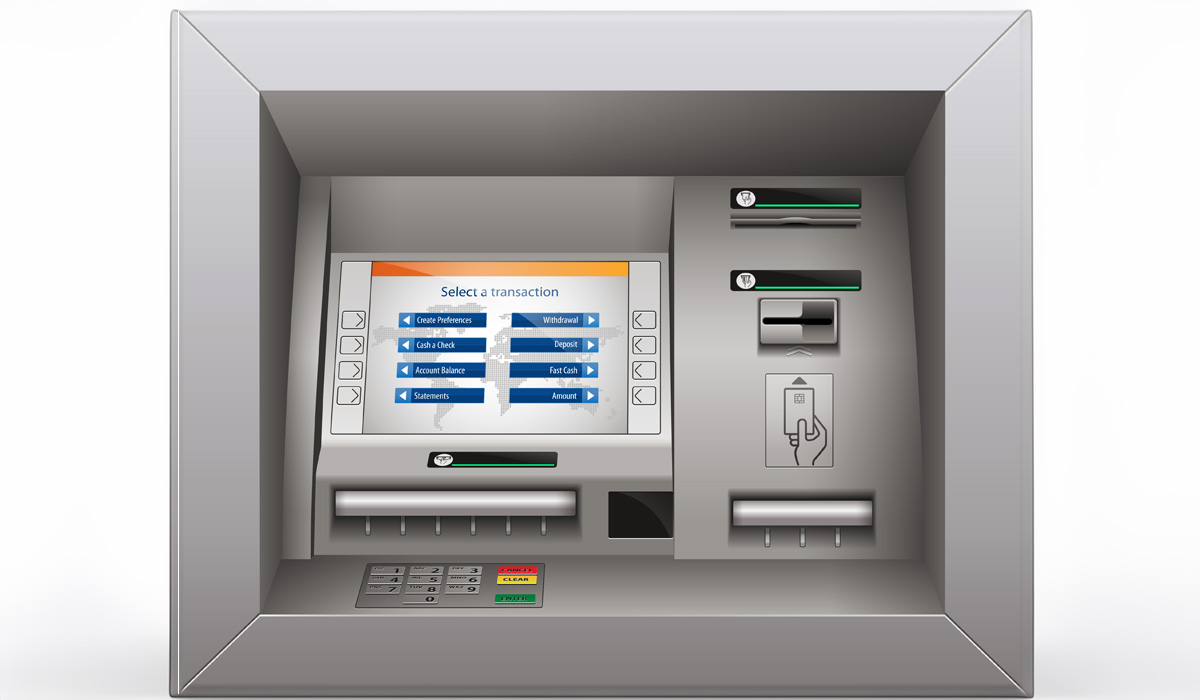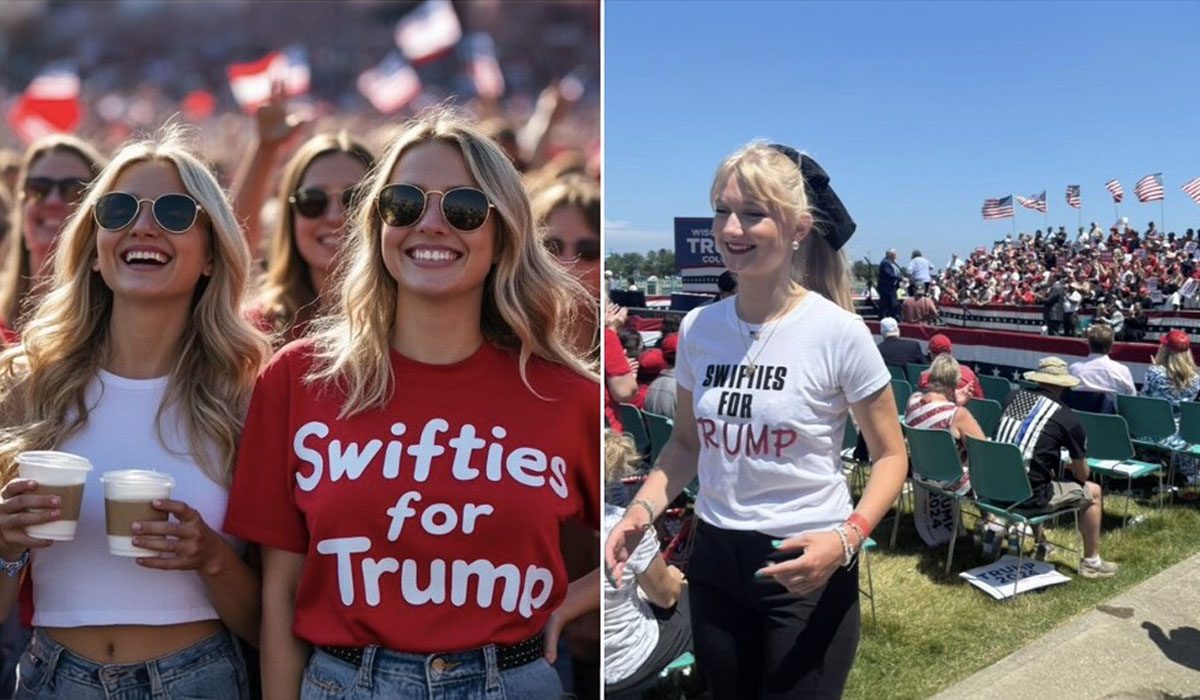In recent months, President Joe Biden’s health has become a subject of concern and speculation within political circles and the public alike. At 81, Biden is the oldest president in U.S. history, surpassing Ronald Reagan’s tenure in office. Questions about his ability even to serve out his full term, let alone facing the upcoming presidential election in November, have arisen.
After his weak performance at the last presidential debate on June 27 with Donald Trump, concerns about Biden’s physical as well as his mental condition have become the main taking point like never before. Some congressmen and senators from his party have already publicly requested him to step down as the Democratic presidential candidate for the November election. Even the mega donors to the Democratic party including the actor George Clooney, asked Joe Biden to bow out from contesting the election if the party wants to keep the presidency and the power in the Capitol. But Biden has not so far agreed to those requests and has vouched that he will contest the election.
On the other hand, presumptive Republican candidate Donald Trump, who is 78 is also has shown some mental acuity issues. Several times he was confused about who the current president was, identified his former ambassador to the United Nations as the former speaker he said was responsible for security at the Capitol, mispronounced simple words, and named his former physician incorrectly. There are requests for him too to step down as the candidate.
If the President were to step down as the candidate for the upcoming election, the answer to the question of who will replace him is not clear yet. As is customary, Vice President Kamala Harris stands ready to assume the presidency should Biden’s health necessitate a transfer of power or to become the candidate for the November election. However, the impression among the public towards Harris is not that favourable. Her popularity is lower than that of the president per several polls.
Amidst discussions about Biden’s health and potential successors, an intriguing possibility has emerged in the form of Michelle Obama. The former First Lady, known for her advocacy on behalf of military families, nutrition, and education, remains a beloved figure across the political spectrum. Her popularity, evidenced by her best-selling memoir and her impactful speeches during the Obama presidency, positions her as a compelling candidate for high office. Michelle Obama’s charisma and ability to connect with diverse audiences are undeniable strengths that could galvanize support across the nation.
While Michelle Obama has never held elected office herself, her eight years as First Lady provided her with an intimate understanding of the workings of government and policymaking. Her advocacy for health initiatives, education, and social justice aligns closely with the progressive agenda that has gained momentum within the Democratic Party.
But Michelle Obama has repeatedly expressed her reluctance to run for elected office, preferring instead to focus on advocacy and her family’s well-being. While immensely popular, entering the presidential race would expose her to intense scrutiny and partisan attacks, which could detract from her broader impact as a public figure.
The notion of Michelle Obama stepping into the political arena represents a captivating scenario, given her widespread appeal and alignment with progressive values.
In the realm of American politics, uncertainties and hypotheticals often spark vigorous debate and reflection. Whether Michelle Obama chooses to pursue political office or continues her influential advocacy from the sidelines, her potential impact on national discourse and policy remains profound. As the Biden administration navigates its challenges, the nation watches with keen interest, mindful of the possibilities that lie ahead.

